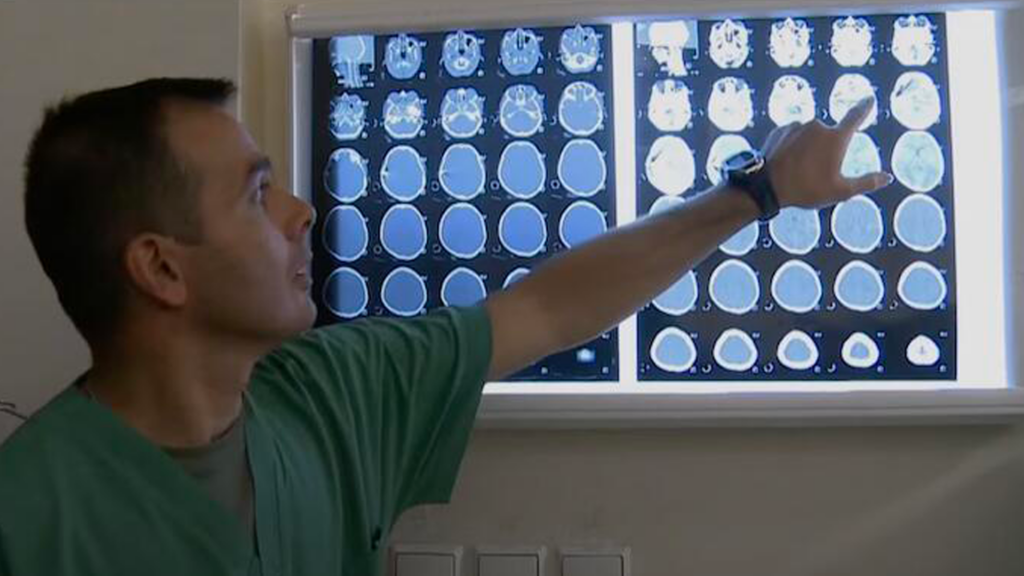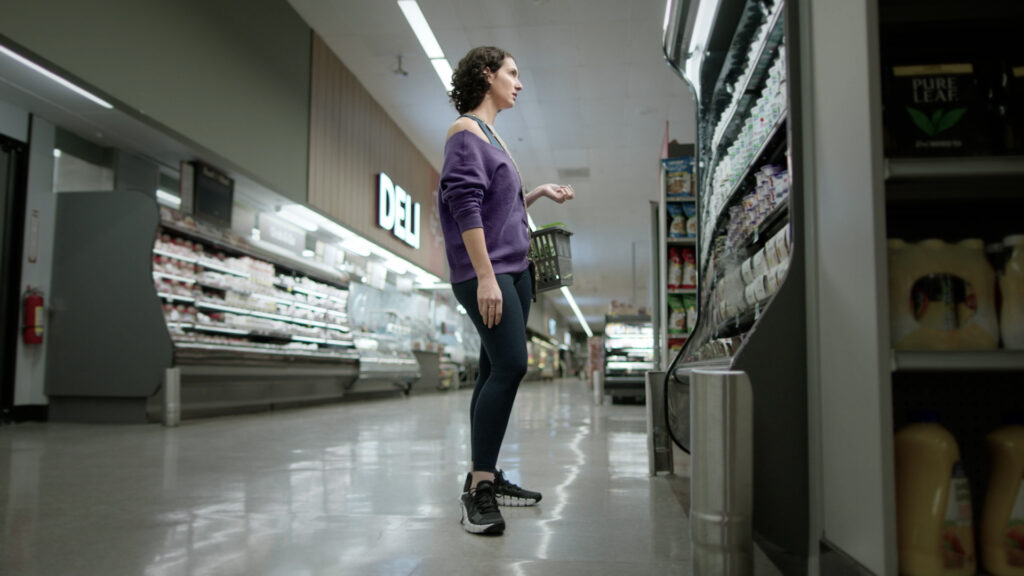
Closing the Trust Gap in Science — How Communicators Can Play a Role: Fuel for Thought #9
By: Dan Sweet
As we mark the one-year anniversary of a difficult journey we have yet to complete, the COVID-19 pandemic has done more than wreak havoc on our economy, families and lives. It has also exposed a widening gap in public trust that goes beyond politics and the media.
Trust in science and those in public health, while certainly higher than politicians or members of the media, has been eroding over the last several years. 3M’s “State of Science Index” has tracked public confidence in science and seen an alarming increase in the public’s distrust in science over the last three years. It found 35% of Americans were skeptical of science pre-pandemic 2020, up from 29% in 2018. Although skepticism has dipped a bit during the pandemic, more than one in four Americans still question the scientific community.
This has been a challenging hurdle for communication professionals with clients in the health and science space, especially during the pandemic.
As we have seen this past year, a lack of trust in our science and health leaders can have a deadly effect. Over 527,000 Americans have died from COVID-19 since the pandemic began, and early mistrust of the scientists warning about the virus most likely contributed to these deaths.
Even the incredible news that there are now several approved vaccine options, which may hold the key to us returning to relatively normal lives over the next several months, has met with resistance. According to a study released last month by Carnegie Mellon University, an alarming one in four Americans are currently hesitant about receiving the vaccine. These numbers are even higher among people of color and those who identify as Republicans.
As communicators and marketers, it is not enough for us to expect statistics and other data points alone to carry the messaging, no matter how compelling they may be. We need to use our skills as storytellers to make it personal. We need to show the audience the impact behind the numbers. In short, we need to turn science into a story.
According to Jessica Peeler, an Ecology Ph.D. student at Penn State University, storytelling may be “the antidote to Americans’ mistrust of science.” Peeler goes on to say, “When we are immersed in a story, our brains release a neurochemical called oxytocin. As oxytocin flows, we experience feelings of connectedness, generosity and empathy…Our affinity for storytelling transforms how audiences comprehend messages. As a result, storytelling allows scientists to deliver complex information in engaging and understandable ways. It takes audiences on a journey using characters and the scientific process. In focusing on people and process, storytelling moves science beyond data and helps audiences comprehend why the work is important.”
A great example of this is a segment on the January 31 episode of 60 Minutes that told the stories of people from diverse backgrounds dealing with the tragic loss of family members from COVID-19 and the horrible impact on those left behind. The segment hit home with viewers about the pandemic's seriousness in a way that other stories filled with charts and graphs simply could not.
Another critical thing for communicators to remember when building trust with a skeptical audience is that the messenger is just as important as the message itself.
RP3 is currently working with Pharmacists for Healthier Lives to promote the importance of receiving the COVID-19 vaccine, especially among those who are vaccine-hesitant. Since pharmacists are among the most trusted and accessible healthcare professionals, especially in underserved areas, we have been able to work with these medication experts to provide messaging and materials to help dispel myths about the COVID-19 vaccine and provide facts to help these audiences make informed decisions.
Another example of the importance of the right messenger has been the higher-than-average vaccine hesitancy in the Black community (with historically good reason). Science and health professionals have enlisted the help of America’s Black churches, which have been “indispensable” in helping to remove doubt and stigmas about receiving the vaccine.
Being able to turn your messages into a great story and then finding the right voices to tell that story are critical for success no matter what issue is important to you or your clients. This approach is core to RP3’s strategy, whether we are helping a 180-year-old transportation company “reimagine possible” in the 21st century or working with a major grocery chain to connect with its communities over “the little things.”
By creating engaging narratives and amplifying them through trusted channels, communicators and marketers can do more than just achieve business goals – they also have the ability to restore confidence in science and fact.
News
Let's make some good.
Drop us a line



